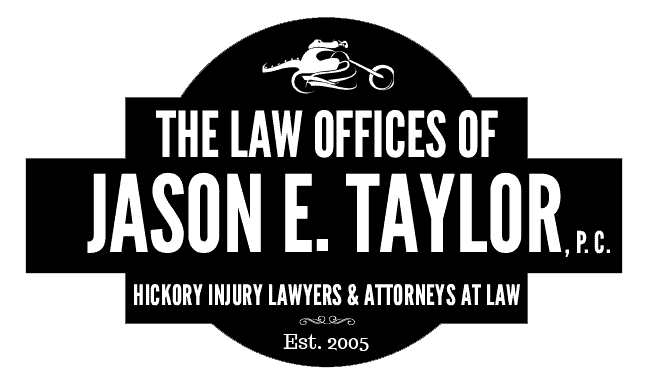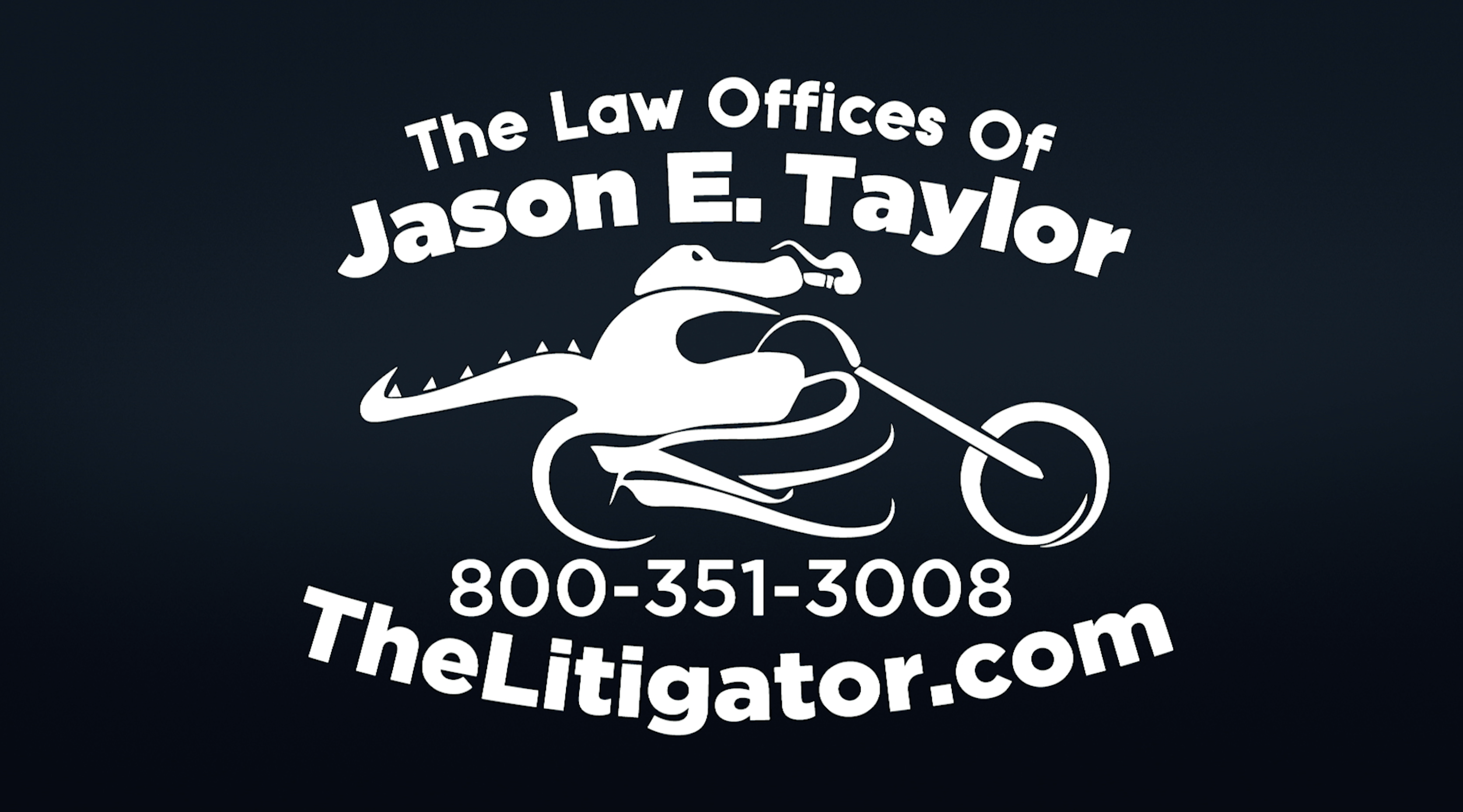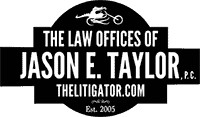Responsabilidad de locales en Carolina del Norte
En Carolina del Norte, las leyes de responsabilidad de locales están diseñadas para proteger a las personas que resultan lesionadas en la propiedad de otra persona. Estas leyes imponen a los dueños de propiedades el deber de mantener sus instalaciones seguras para los huéspedes y visitantes. Si no lo hacen, pueden ser considerados responsables de las lesiones que se produzcan.
Según la ley de Carolina del Norte, existen tres categorías de visitantes: invitados, licenciatarios e intrusos. Los invitados son personas invitadas a la propiedad con fines comerciales, como clientes o repartidores. Los licenciatarios son personas en la propiedad para sus propios fines, como invitados sociales o reparadores. Los intrusos son personas que ingresan a la propiedad sin permiso.
Los dueños de propiedades tienen el deber de mantener a los invitados y licenciatarios a salvo de peligros previsibles. No tienen el deber de proteger a los intrusos, excepto en ciertas circunstancias. Por ejemplo, los dueños de propiedades no pueden herir intencionalmente a los intrusos o tenderles trampas.
Casos comunes de responsabilidad de locales en Hickory, NC
Aquí hay algunos accidentes que pueden conducir a un caso de lesiones personales y compensación:
- Accidentes por resbalones y caídas en una tienda de comestibles o gasolinera
- Mordidas de perro
- Accidentes de ascensores y escaleras mecánicas
- Accidentes de piscina
- Riesgos de incendio
- Objetos que caen
- Condiciones peligrosas en aceras o estacionamientos
Estos son solo algunos accidentes que pueden ocurrir en la propiedad de otra persona. Si bien algunos de estos accidentes pueden ser solo accidentes, muchos son el resultado de negligencia por parte del dueño de la propiedad. Debe comunicarse con un abogado de lesiones personales de nuestro bufete de abogados para discutir su caso si ha resultado lesionado en un accidente en la propiedad de otra persona.
Qué hacer si se lesiona en la propiedad de otra persona en Hickory, NC
Si se lesiona en la propiedad de otra persona, hay algunos pasos que debe seguir para proteger sus derechos legales:
- Informe el accidente al propietario o administrador de la propiedad.
- Obtenga atención médica para sus lesiones.
- No dé una declaración a la compañía de seguros del dueño de la propiedad.
- Tome fotos de la escena del accidente, si es posible.
- Reúne información de testigos.
- Póngase en contacto con un abogado con experiencia en responsabilidad de locales.
¿Necesito contratar a un abogado?
No está obligado legalmente a tener un abogado que lo represente en un caso de responsabilidad de locales. Sin embargo, muchas personas descubren que tienen mejores resultados con un abogado experimentado de su lado. Después de un accidente, es probable que tenga citas con el médico, llamadas de ajustadores de seguros y otras cosas que manejar, como cuidar de su familia o ir a trabajar. Un abogado le quita ese estrés adicional al manejar todos los detalles legales para que pueda concentrarse en lo que más importa, su recuperación.
En las Oficinas Legales de Jason E. Taylor, hemos dedicado más de 25 años a luchar por la gente de Hickory, NC, en sus casos de lesiones personales. Estamos dedicados a nuestros clientes y sus familias.
Nuestros abogados de lesiones personales trabajan, así que usted no tiene que hacerlo. Póngase en contacto con nosotros hoy para una consulta gratuita.
¿Qué tipos de daños puedo recuperar en un reclamo por lesiones personales de Hickory?
Si bien un resbalón y una caída en su supermercado local pueden no causar lesiones catastróficas, afectan su vida. Es posible que tenga que faltar al trabajo, incurrir en facturas médicas y sufrir dolor y sufrimiento. Todos estos impactos tienen un valor monetario, que se puede recuperar en un reclamo por lesiones.
La compensación en un caso de responsabilidad de locales puede incluir:
- Gastos médicos
- Salarios perdidos
- Dolor y sufrimiento
Si bien el dinero no es la respuesta a todo, puede ayudarlo a usted y a su familia a superar este momento difícil. Al presentar un reclamo, también puede responsabilizar al propietario negligente y ayudar a evitar que ocurran futuros accidentes.
¿Cuánto vale mi reclamo en Hickory, NC?
El valor de su reclamo depende de varios factores relacionados con su caso. Algunos factores a considerar incluyen:
- La gravedad de sus lesiones.
- La duración de su tiempo de recuperación
- El monto de sus facturas médicas
- Si faltó al trabajo y perdió salarios
- Cuánto afectó su vida la lesión
Para tener una mejor idea de cuánto puede valer su reclamo, comuníquese con un abogado experimentado en lesiones personales de nuestra firma. Ellos pueden revisar su caso y ayudarlo a comprender qué esperar.
¿Cuánto tiempo tengo para presentar mi reclamo?
En Carolina del Norte, generalmente tiene tres años a partir de la fecha de su accidente para presentar un reclamo por lesiones personales. Si espera demasiado, es posible que se le prohíba recuperar cualquier compensación por sus lesiones. Por eso es importante contactar a un abogado inmediatamente después de su accidente.
Comuníquese con nuestros abogados de responsabilidad de locales de Hickory hoy
En Las Oficinas Legales de Jason E. Taylor, entendemos lo abrumador que puede ser después de un accidente. Estamos aquí para ayudar. Nuestro equipo experimentado lo guiará a través de cada paso del proceso y responderá cualquier pregunta que tenga en el camino. Contáctenos hoy para una consulta inicial gratuita. Trabajamos sobre la base de una tarifa de contingencia, lo que significa que no nos debe nada a menos que recuperemos una compensación por sus lesiones.









